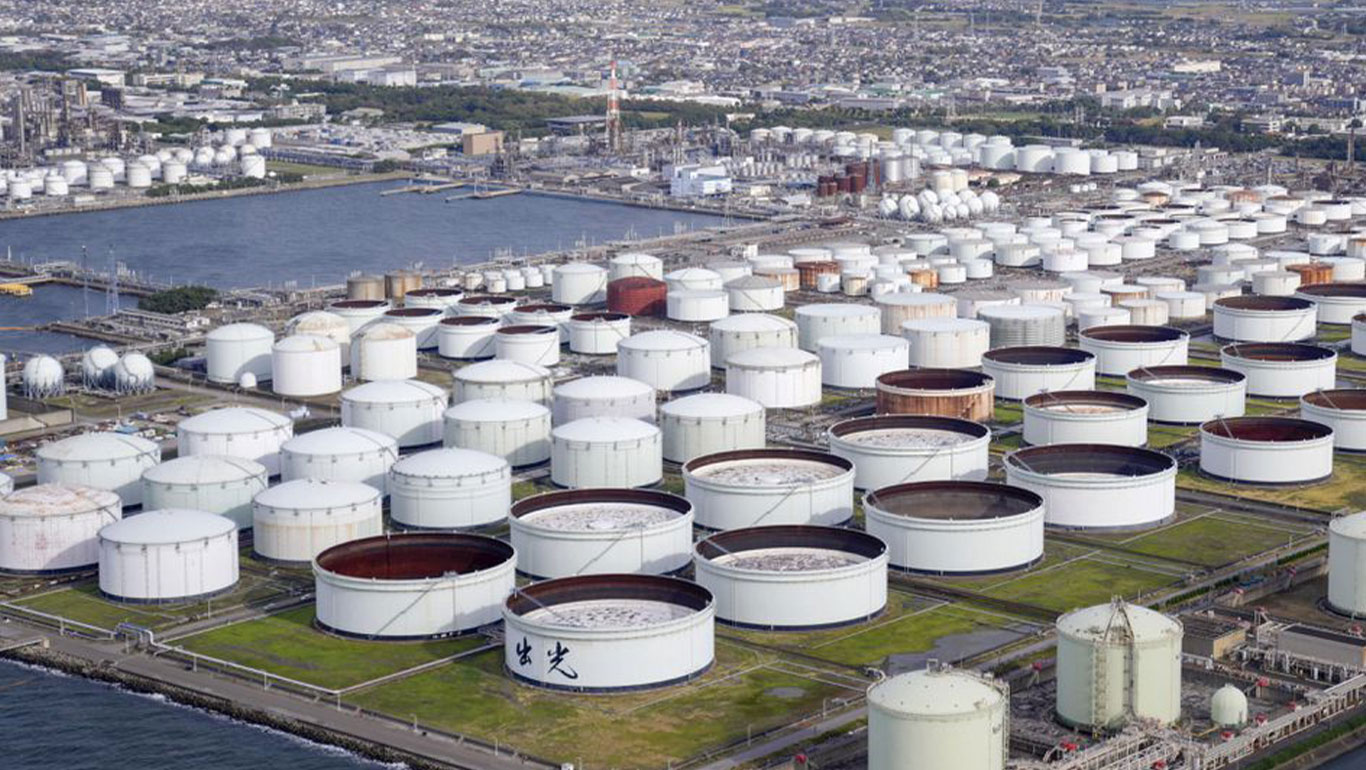




January Economic Update: Growth slows, prices rise
 DOWNLOAD
DOWNLOAD

Inflation Update: Up, up, and away?
 DOWNLOAD
DOWNLOAD

Quarterly Economic Growth Release: Growth takes on a slower pace
 DOWNLOAD
DOWNLOAD


Japan to auction 4.8 million barrels of national reserve oil

TOKYO, April 22 (Reuters) – Japan will hold an auction on May 10 to sell 760,000 kilolitres, or 4.8 million barrels, of national reserve oil, the industry ministry said on Friday, as part of a release coordinated by the International Energy Agency (IEA) to cool rising prices.
Prime Minister Fumio Kishida had said earlier this month that Japan would release a record 15 million barrels of oil from its national reserves as part of a second round of the IEA-led coordinated release.
Six million barrels of the total will come from privately held reserves and 9 million barrels from state reserves, the industry ministry had said last week.
Japan had about 470 million barrels of petroleum reserves at the end of January, or 236 days of domestic consumption, comprising state reserves, private reserves held by local refiners’ tanks and a joint crude oil storage scheme with producing countries.
As the first step of the release from state reserves, the ministry will sell about 160,000 kl, or 1.0 million barrels, of crude oil from Kiire tank; 280,000 kl, or 1.8 million barrels, from Shirashima tank; and about 320,000 kl, or 2.0 million barrels, from Kamigoto, all in southern Japan.
The supply from Kiire and Shirashima will be available to the winning bidders on June 20 or later, and crude from Kamigoto will be available on Aug. 11 or later.
The government will make plans to release the remaining 4.2 million barrels from state reserves as soon as possible, an official at the ministry told reporters, adding that it would not buy back for six months as agreed with IEA members.
It will consider whether it will repurchase oil to refill reserves after six months based on various factors including the IEA’s view, the Ukraine crisis and global oil prices, the official said.
Earlier in April, IEA states agreed to tap 60 million barrels of oil from storage, on top of a 180 million-barrel release announced by Washington in late March, aimed at cooling prices after Russia’s invasion of Ukraine.
(Reporting by Yuka Obayashi; Editing by Tom Hogue and Subhranshu Sahu)
This article originally appeared on reuters.com





 By Reuters
By Reuters